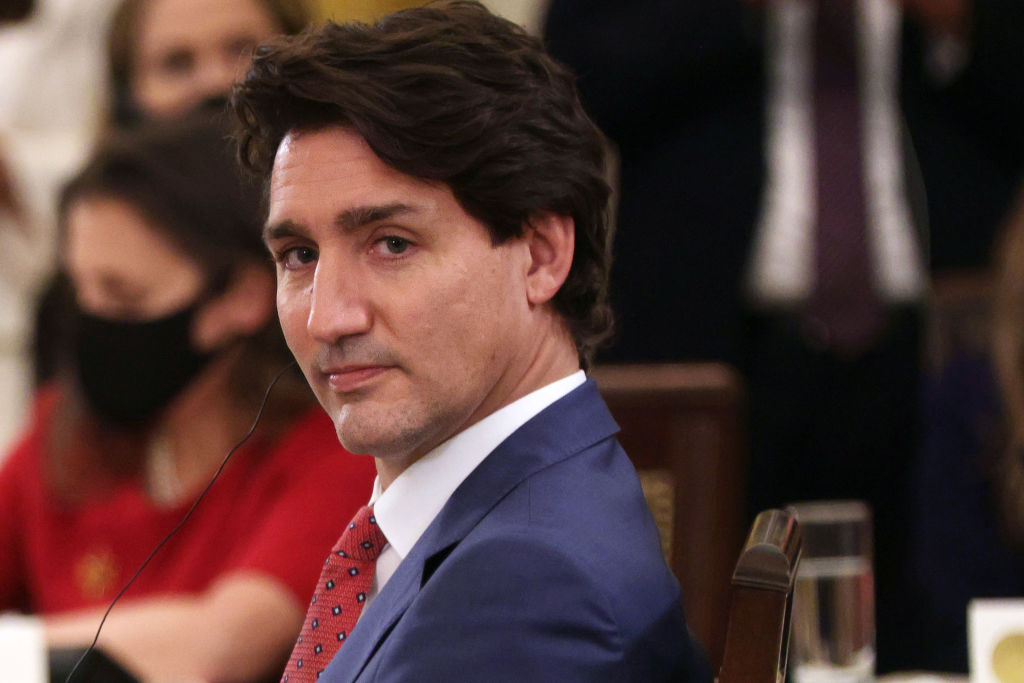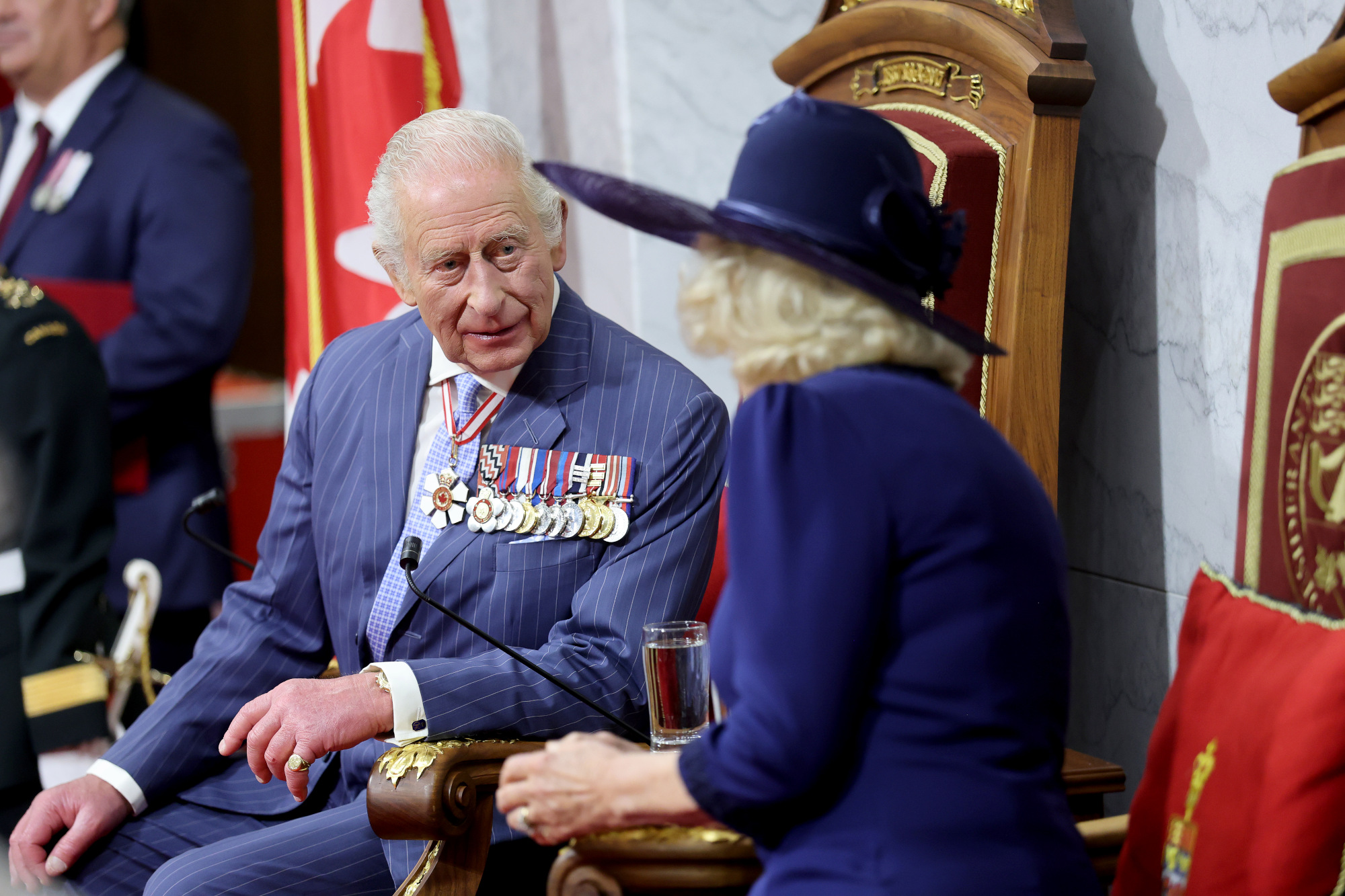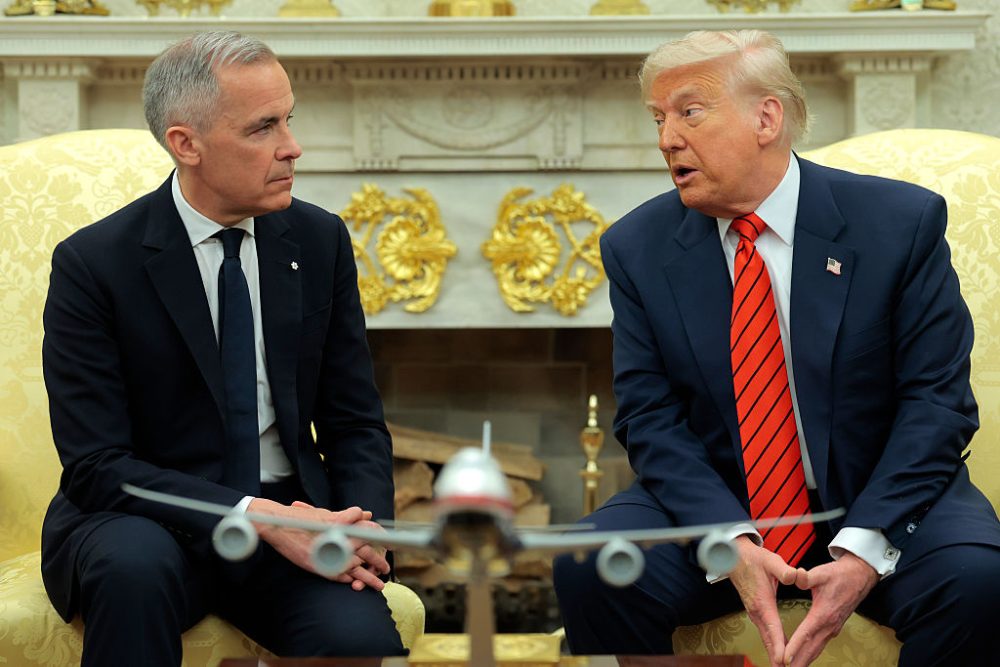Two cheers for a brief hiatus in the Canadian stampede towards suicide for all. Earlier this month, David Lametti, Justin Trudeau’s justice minister, announced that legalization of euthanasia for the mentally ill will be delayed by one year. This, he said, will give the health system and regulatory bodies more time to prepare. Mentally ill adults will now become eligible for euthanasia in March 2024.
Sadly, it’s a mere hiatus. Despite the international wave of horror in recent months pushing back against Canada’s sickeningly casual euthanasia regime, the government clearly has no intention of walking back its plans to make death on demand available to the most psychologically fragile. It simply intends to wait until public outrage wanes and interest shifts elsewhere — a strategy that relies cynically, and perhaps correctly, on fickle newsrooms and goldfish-like attention spans.
When Conservative leader Pierre Poilievre pointed out in the House of Commons that government should not encourage people who are depressed to end their lives, Trudeau’s minister of mental health and addictions, Carolyn Bennett, got to her feet in shock and called him irresponsible. “All of the assessors and providers for MAiD [Medical Assistance in Dying] are purposely trained to eliminate people that are suicidal,” she asserted.
An unfortunate choice of words, to say the least! It was promptly seized upon by her opponents as a Freudian slip — especially since some suspect the entire euthanasia program is a convenient way to rid society of those perceived as burdens.
In the minister’s defense, that’s likely not how she intended her words to be taken. Indeed, she later clarified on Twitter, “People with suicidal ideation are NOT eligible for MAiD and are instead offered supports,” while accusing Poilievre of the Trudeau government’s favorite crime — misinformation.
Unsurprisingly, this did little to improve matters, as pundits queried exactly how someone with suicidal ideation can be differentiated from someone seeking assisted suicide. Or, in other words, how a person with a death wish is different from a person who wishes for death.
There is, of course, no difference at all. But to supporters of assisted suicide, this false distinction is crucial. Suicide is, for good reason, generally seen as a tragedy. Pretending that euthanasia is something different lets supporters claim the moral high ground, paying lip service to prevention efforts like hotlines, support groups, and forcible hospitalization for the suicidal (apparently, 90 percent of those admitted never reattempt suicide), while promoting destigmatization and taxpayer funding for the exact opposite, even for those who aren’t entirely mentally competent.
Lametti let his true beliefs slip in an interview with the Toronto Star: “Remember that suicide generally is available to people. This is a group within the population who, for physical reasons and possibly mental reasons, can’t make that choice themselves to do it themselves. And ultimately, this provides a more humane way for them to make a decision they otherwise could have made if they were able in some other way.”
Lametti is saying that the humane thing to do is to help people commit suicide if they can’t manage it for themselves. This was terribly awkward for his fellow MAiD supporters, because it showed Lametti doesn’t actually believe in the pretended distinction between suicide and so-called “medical assistance” in dying.
Does anyone? The Canadian government knows perfectly well that these parsings are just a verbal game to fool the unwary into accepting the unacceptable: the idea that some people’s lives aren’t worthwhile. Such a notion is the death knell of civilization.
Disease, injury and misfortune can inflict incredible amounts of suffering. But ultimately, nothing is so painful or so conducive to despair as the sincere belief that one’s life is worthless and meaningless.
We know this is true because many have endured seemingly unendurable sufferings with courage, patience and even a measure of joy, simply because they’ve had confidence — confidence that’s often instilled in them by the support and love of others — that their lives, no matter how difficult, have value and meaning.
Supporters of euthanasia claim to be compassionate. If so, why not focus their efforts on relieving this terrible despair? Why not reassure those trapped in mental darkness that their lives, despite everything, are worthwhile and valued by others? Surely offering to help end it all only confirms their misery?
This is eye-stabbingly obvious. But as other commentators such as Ross Douthat have pointed out, with the support for euthanasia comes the insidious pseudo-religious pressure to take one’s own life as a noble act of self-immolation on the altar of society. Both the Canadian government and the Dying with Dignity Association celebrate the rising number of organ donations from those who asked for assisted suicide. And it’s very common for supporters of euthanasia to promote the idea that old age and sickness are a burden that it is somehow selfish to expect families and society to shoulder.
We’re becoming the kind of society that puts sickly infants out on the side of the road for wild animals, pushes old people out to sea on ice-floes, and develops a code of hari-kari for anyone deemed disgraced. The drive for euthanasia is a cult, as old as human wickedness and as modern as organ transplants and welfare checks. And whatever else it may be, it’s certainly not compassionate.

























